The importance of language and math skills for young children is pretty straightforward to me.
And I know that art skills for my children help them develop their creativity.
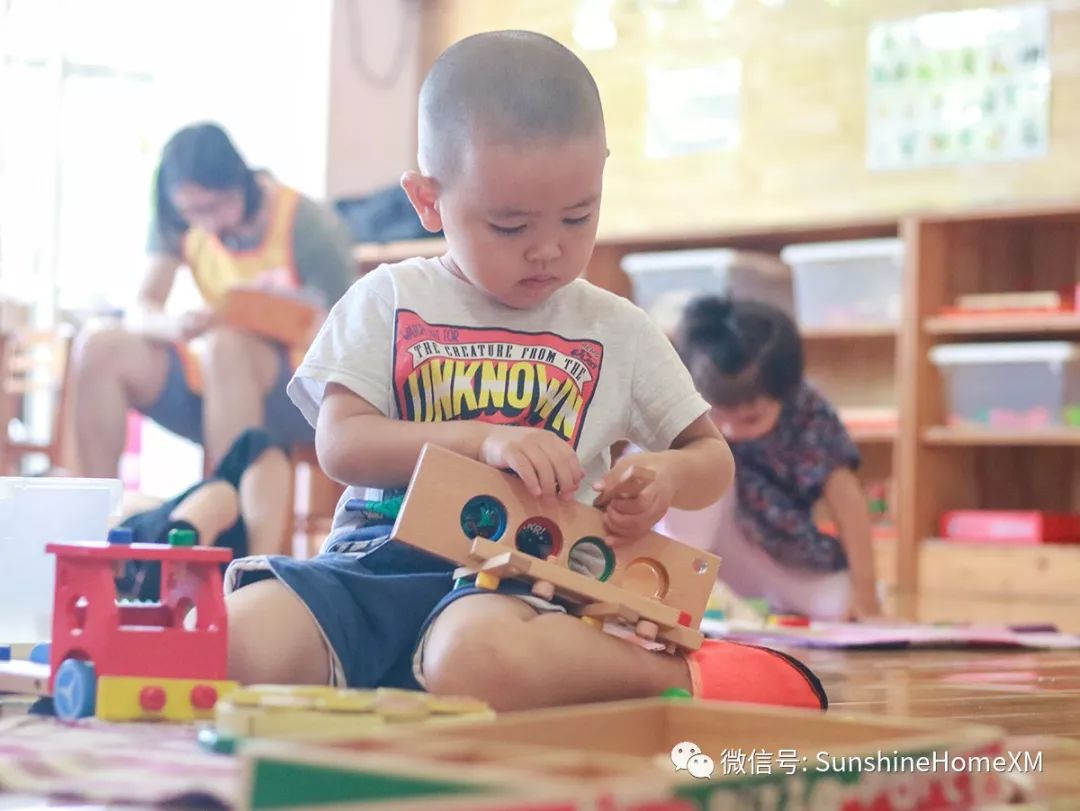


But it was less clear to me what science really means for a preschooler.
After spending time as a teacher and with my two growing children, I’ve come to see kindergarten science as a set of skills that help children explore, discover and understand the world around them.

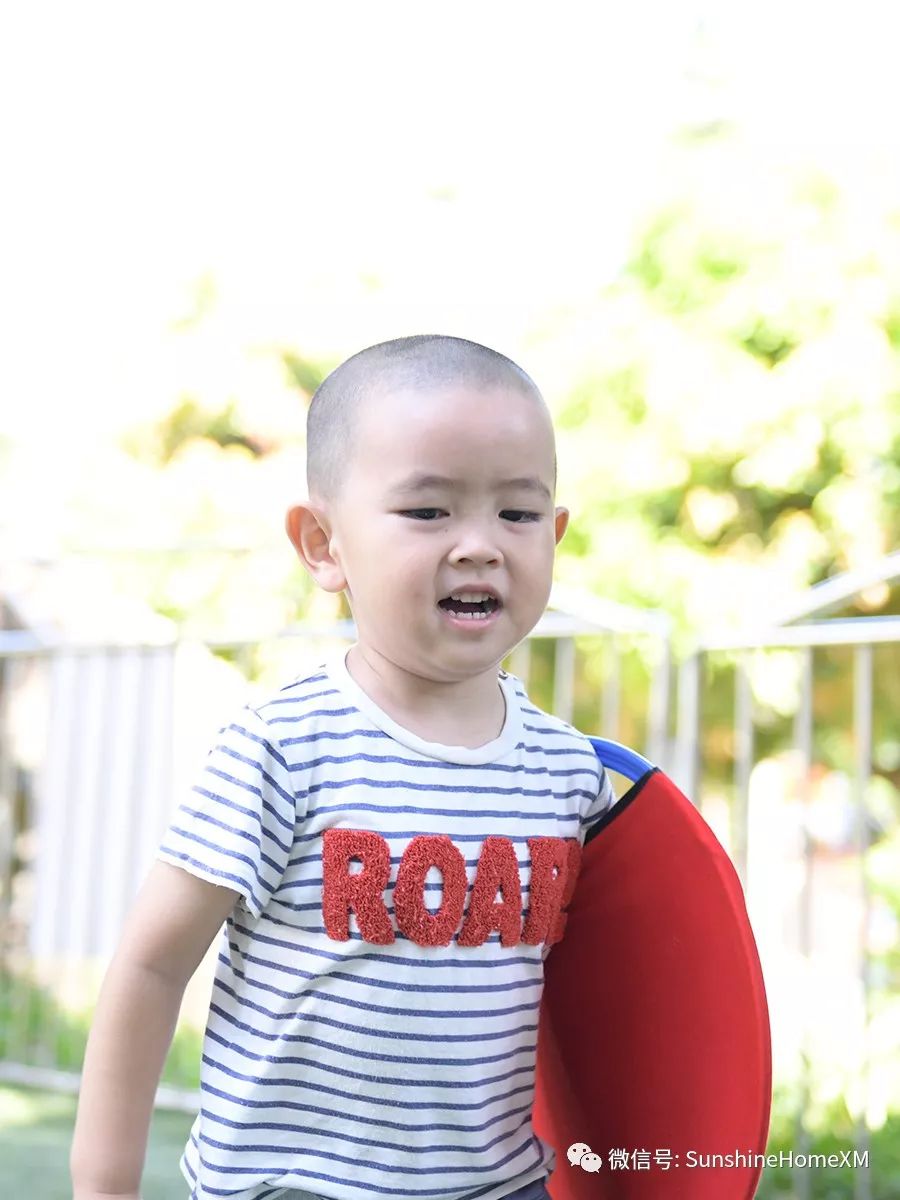
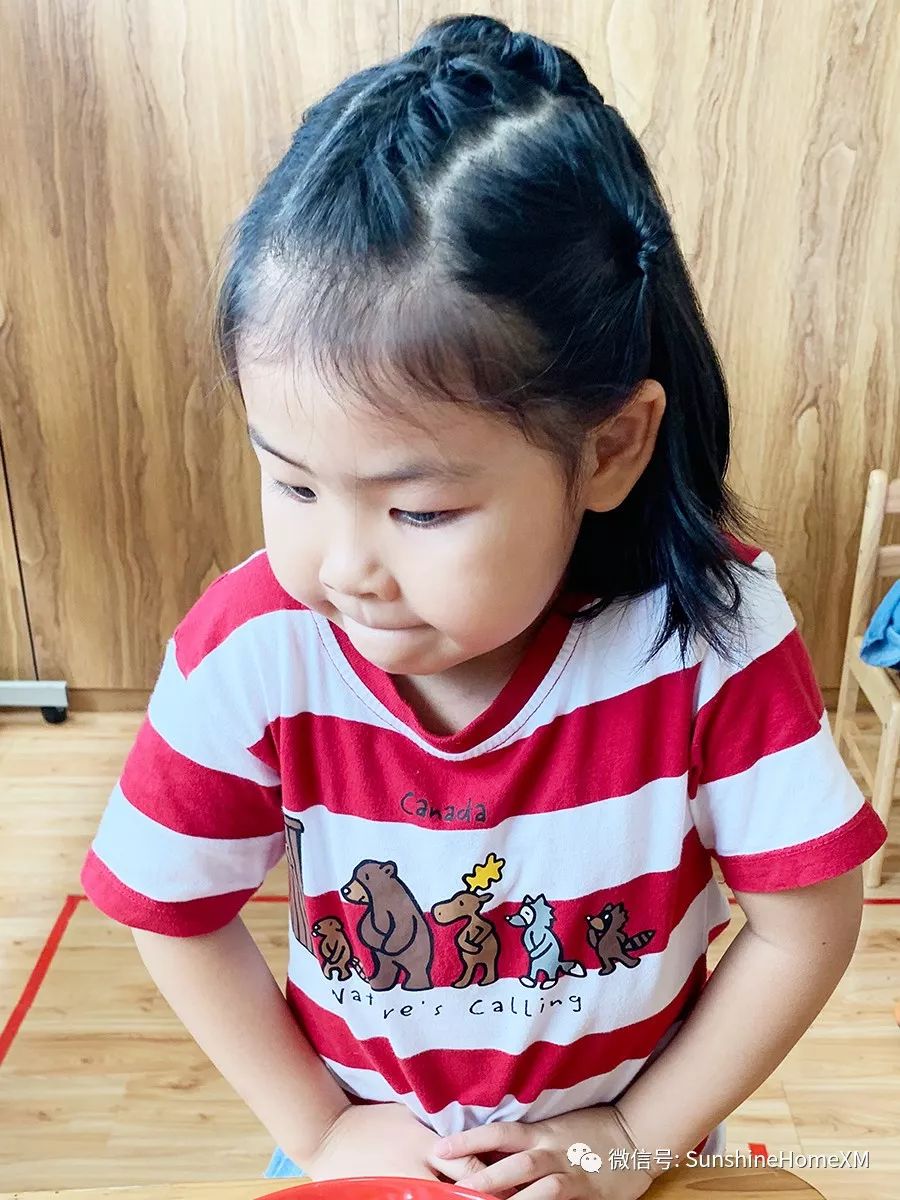
Judy and Luke are so curious by nature. They want to know about everything: how food is made, how the toilet flushes, how fast a toy car can go down a slope. At home, we spend endless hours breaking down complex ideas into bite-sized chunks our kids can understand.
We spend lots of time teaching our children how items can become tools to do something for us.


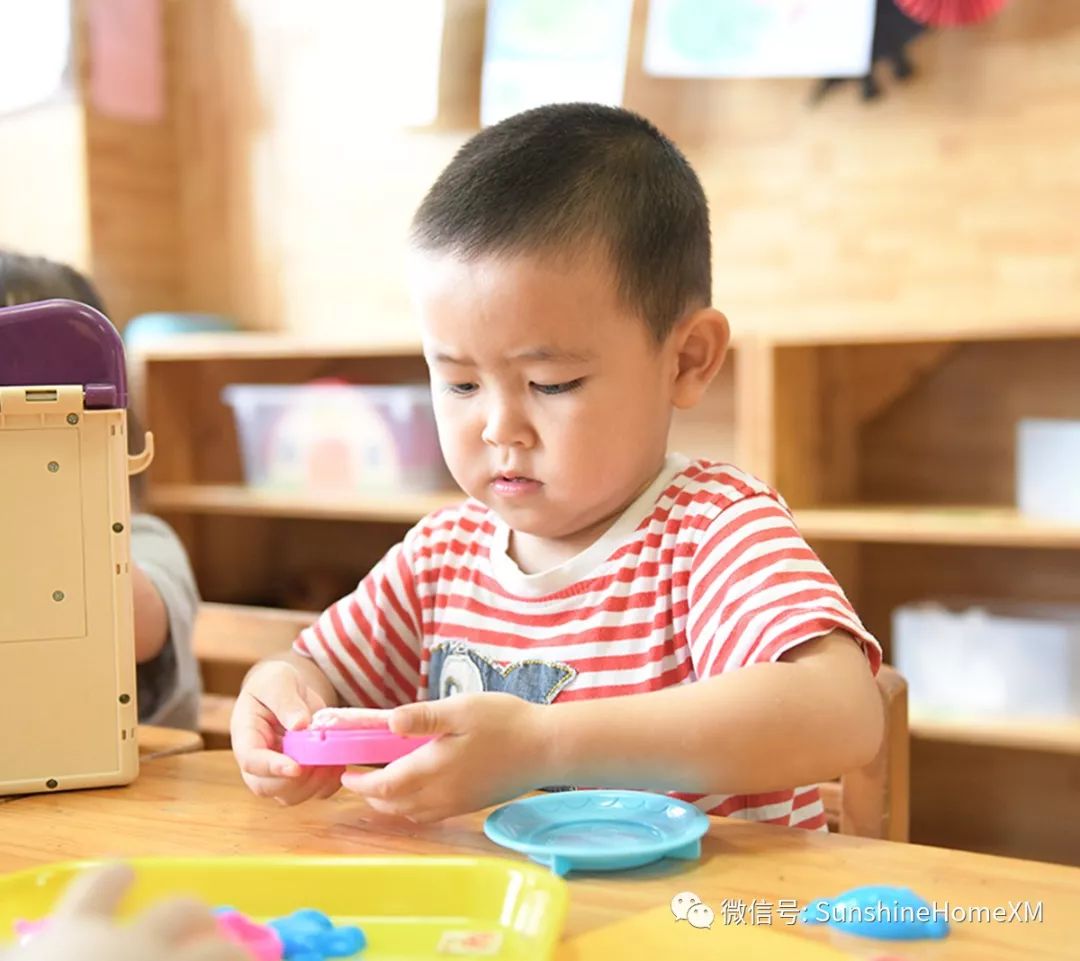
It turns out that my husband and I have been teaching them science all along! We have started to become more sophisticated in our own understanding of how to use our kids’ natural curiosity to teach basic science.
This can be as simple as observing how vegetables change color when heat is applied or how gravity provides the energy that pushes the water through our toilet when we flush.
We call our children’s attention to changes in our environment so they better understand the world around them.
For example, we take a look at the worms that wriggle out of the soil after a good hard rain. We listen to the cicadas make noise during the summer heat.
And we give Judy and Luke educational toys like a magnifying glass and a kid’s telescope to observe changes through the use of tools.
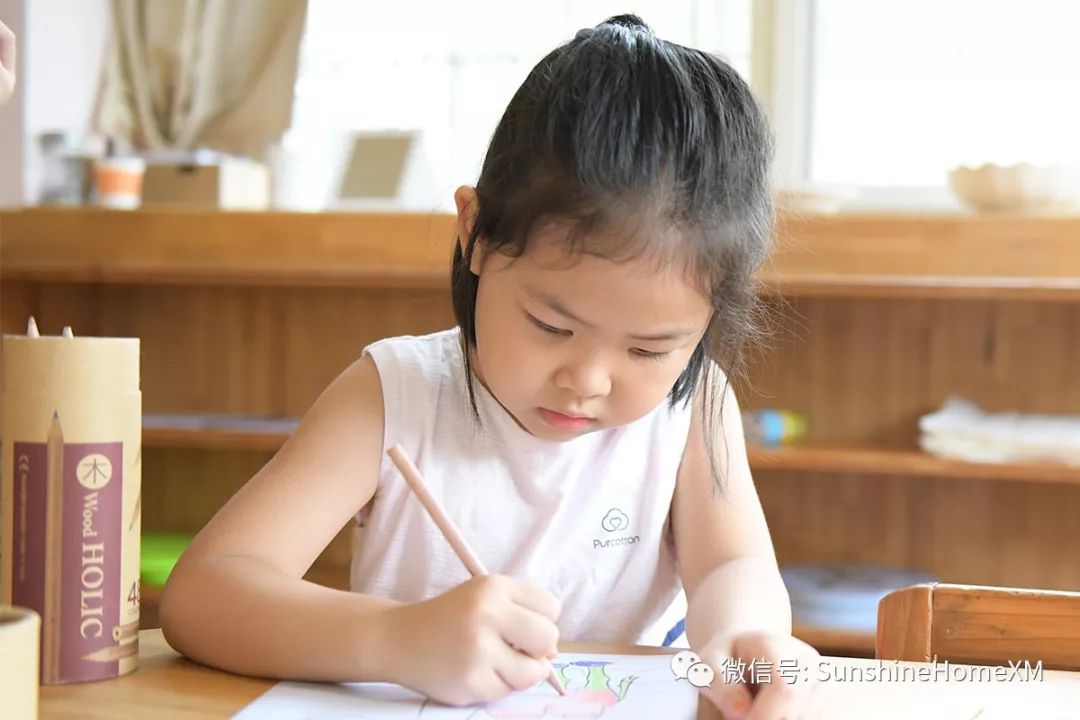
We’ve also learned not to be afraid to use more complex words from the areas of biology, geology and zoology with our children.
I’ve been surprised by how quickly they can master complex vocabulary. It is amazing for me to hear how Judy pronounce pterodactyl perfectly in English!
Their teachers talk to them during the week about home science, life science and physical science.
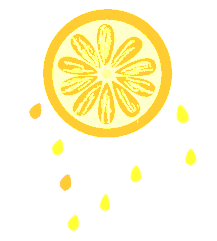
We try to match our chats at home with the academic themes to help Judy and Luke understand what things live on Earth, the larger universe in which we live and how physical objects interact with each other.
It’s also great fun to try simple science experiments together. We practice carefully observing and gathering information, then sharing what we see with each other.
At the age of five, Judy is already able to use a checklist to collect data and practice her problem-solving skills.

We also try to use the knowledge we gain in one area to talk about other aspects of life.
For example, we used the connection between gravity and our toilet to talk about how gravity affects everything in our world. After all, it’s why we don’t simply float off into space!
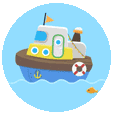
While we don’t have pets at home (yet), we tend to our indoor plants because it’s a fun way to learn more about life sciences. And daily observations of the weather are a great way to think about meteorology.
Basically, we’re all scientists. We just use our daily lives and experiences to connect our children to science in ways that are relevant and fun!

International Sunshine Home is Xiamen’s premier bilingual Arts and Sciences pre-school. Our qualified teachers and small class sizes help your child grow up in a safe and happy environment.
We welcome you to visit us in person to find out more. Simply reply to our WeChat and send us your name and your child’s name along with your phone number.


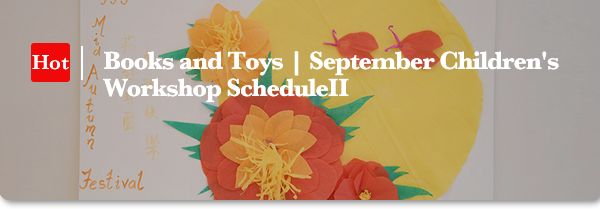
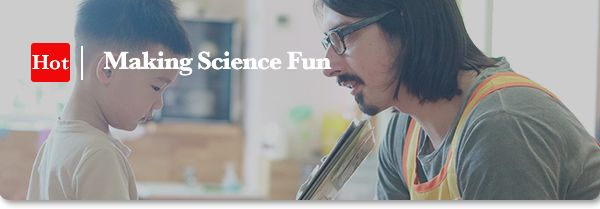
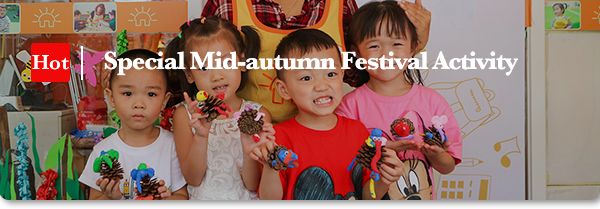

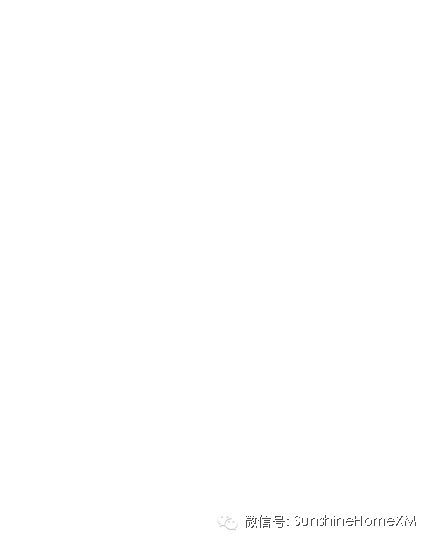
 International Sunshine Home Arts & Sciences
International Sunshine Home Arts & Sciences